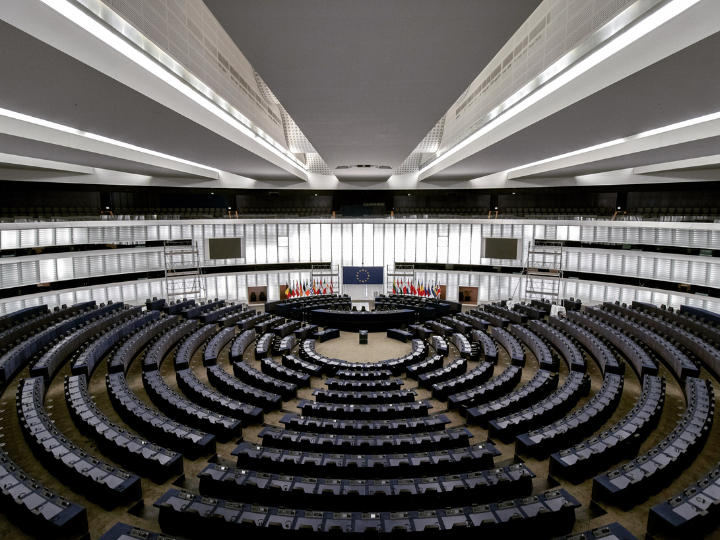by Giedre Peseckyte
The debate on climate change’s impact on health should be broadened, according to socialist MEP Sara Cerdas, as health costs for society if we do not act will be unimaginable.
Sara Cerdas is a socialist MEP member of the European Parliament’s health (ENVI) and COVID-19 committees. She spoke to EURACTIV’s health reporter Giedre Peseckyte on climate change’s impact on health and how it should be addressed in a political debate.
Are there enough discussions at the EU level on the impact of climate change on health?
We talk a lot about climate and the environment. Still, we sometimes forget within our discussions that this is also a health crisis because climate change will impact directly and indirectly our health.
As co-chair of the health working group, I have proposed a workshop that we did in 2019-2020 on climate change and its effects on health. However, since then, I do not think we have had significant discussions about this.
Why is it important to address climate change’s impact on health?
Fighting climate change is a fight not only for our planet but for our health. And this is something that needs to be firmly put out there because the health costs that this change will have if we do not act will be unimaginable. Due to air pollution alone, we have 7 million premature deaths yearly.
You mentioned air pollution. Currently, EU Commission is revising the EU’s Air Quality Directive. What should be addressed and highlighted in this directive?
I’m quite expectant to see what the commission will come up with. It will mostly address environmental factors, but we must not forget that this is not only for the planet and our environment but also for those that live in it: human and animal beings.
I hope that this regulation will follow the WHO recommendations for air quality and that it is as progressive as it can be when protecting our environment and the air we breathe, not only in the countryside but also, and especially, in urban areas and suburban settings.
New standards for CO2 emissions for cars should be helpful as well for making the air we breathe cleaner.
Of course, it is not only about the air quality directive. We need to consider the direct and, most importantly, indirect implications of the different regulations and directives we negotiate at the EU level on our health.
When dealing with determinants such as our economy, industry, technology, environment, the water we drink, and workplace conditions, all this will, directly and indirectly, affect health. Regarding the new CO2 standards of cars, I am very expectant of the negotiations and its potential for fewer emissions of CO2 to the atmosphere.
Do you believe that putting health at the centre of political discussions is easier since we have been facing the pandemic for the last few years?
One of the most important things we must learn from this COVID-19 pandemic is that health is at the centre of society, and we should fight for a ‘health in all policies’ approach. When health or healthcare providers fail, everything else starts to crumble. And we must not go back to how it was before, when health had a secondary role within EU policy. The main justification for this was that ‘Oh, the EU does not have health competencies’, which is wrong.
The EU does not have a ‘whole’ concept of healthcare or healthcare provisions and healthcare competencies. However, the protection of public health is a shared competence between member states and the European Union. We need to develop competencies further and have them broadly across all the different legislations.
*first published in: www.euractiv.com




 By: N. Peter Kramer
By: N. Peter Kramer
